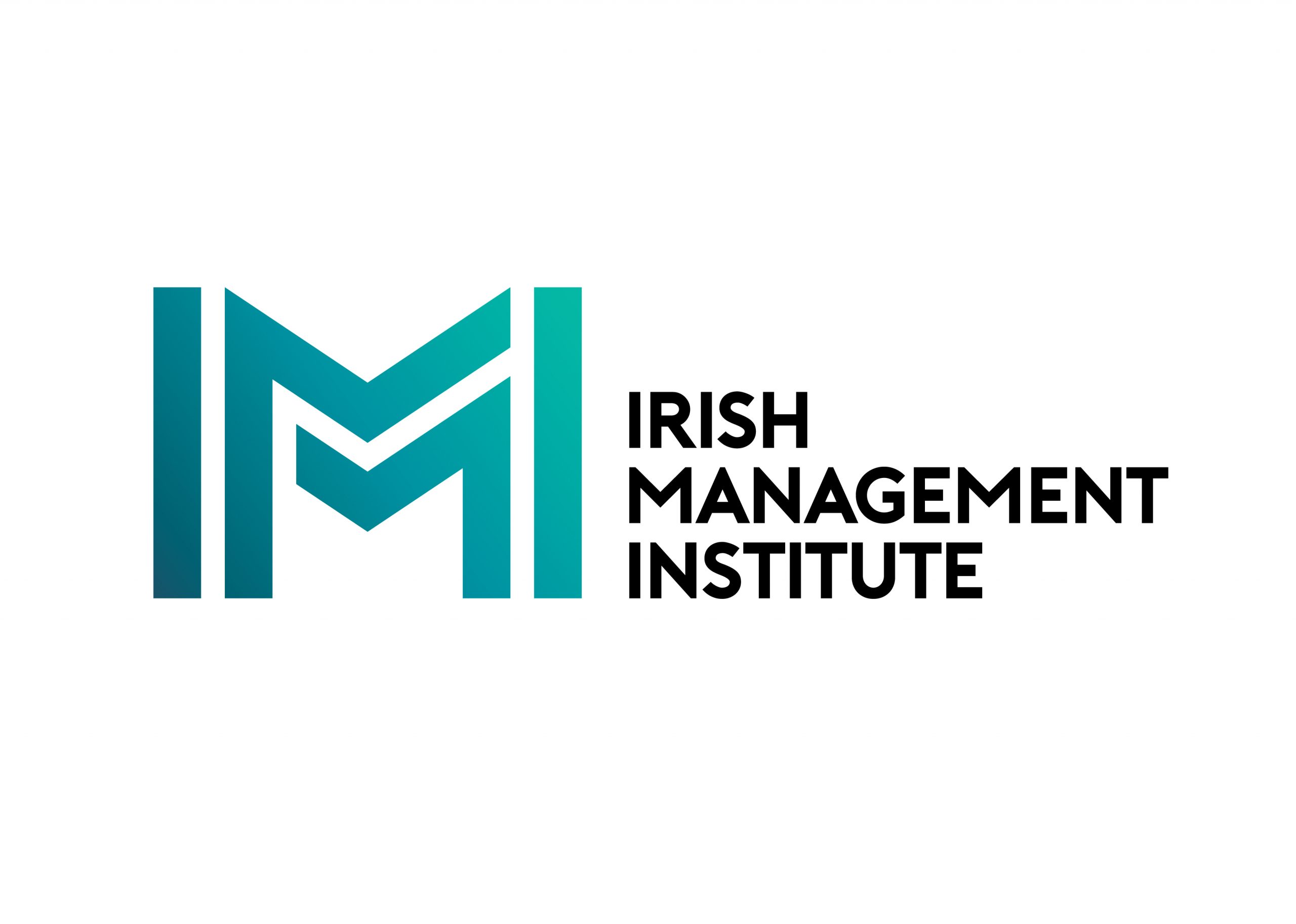Related Articles
The Impact of Disruption on Gen Z Workers
The COVID-19 pandemic has affected almost every aspect of modern life, including education and employment. One group that has been particularly impacted by these disruptions is Generation Z, those born between 1997 and 2012, who are now entering the workforce. These young people face unique challenges in the workplace that stem from their disrupted education during the pandemic.
One of the key challenges for Gen Z in the workplace is a lack of certain social skills that are typically learned through in-person education and social interactions. Many Gen Z workers have spent much of their lives online, especially after having pivoted to virtual learning during the pandemic. A consequence of this disruption is that they may lack the interpersonal skills that are vital for success in many workplaces.
“Many clients are reporting a relatively sudden dilemma facing young talent as it struggles with onboarding, this appears to be a direct result of the Pandemic with pre-covid and post-covid graduates displaying different traits”, says Julie Ryan, Head of Customised Executive Education at IMI. This may include communication, teamwork, and conflict resolution skills. “Without the opportunity to learn and practice these skills in person, Gen Zers are particularly struggling to navigate the social dynamics of the workplace”, says Julie.
Influencing and communicating with senior stakeholders can be a significant challenge for Gen Z employees but the lack of in-person socialisation over the past few years has brought a lack confidence to assert themselves effectively. Additionally, their communication style may be perceived as overly casual and for some, this is being perceived as a lack in respect for authority, which can create barriers to effective collaboration with senior colleagues.
“For 20 years, we have been supporting graduates transitioning from the world of academia to the world of work and employers want to see personal leadership begin at the point of career entry. However, Gen Z employees are needing even more additional support and training in communication and relationship-building skills than their pre-covid peer onboarders”, says Julie Ryan. By equipping them with these skills, organisations can help ensure that their Gen Z workforce is able to make valuable contributions to the company and thrive in their careers.
Despite these challenges, there are many ways that organisations can support and develop Gen Zers in the workplace. One key strategy is to provide opportunities for in-person learning and socialisation, such as team-building exercises or professional development programmes. These can help Gen Zers develop the social and interpersonal skills they may have missed out on during their disrupted education.
Mentorship and coaching opportunities are also of key importance in developing the Gen Z workforce, and helping them to navigate the complexities of the workplace. This can include pairing graduates with more experienced colleagues, or offering training and development programmes that focus on the skills Gen Zers may be lacking.
Finally, it’s important for organisations to recognise the strengths and unique perspectives that Gen Zers can bring to the workplace. This generation has grown up in a rapidly changing world, and as a result, may have valuable insights into emerging trends and technologies. By embracing these strengths and providing opportunities for growth and development, businesses can create a more diverse and inclusive workplace that benefits everyone.
While the disruption to education caused by the COVID-19 pandemic has created unique challenges for Gen Z staff entering the workforce, with the right support and development opportunities, organisations can help them to overcome these challenges and thrive in the workplace. By recognising their strengths and investing in their development, organisations can create a more diverse and successful workplace for everyone.
If your organisation works with Gen Z graduates, and you want to find out more about exactly what makes them tick, sign up for our Graduate Development webinar, taking place on 25th May at 10am.




